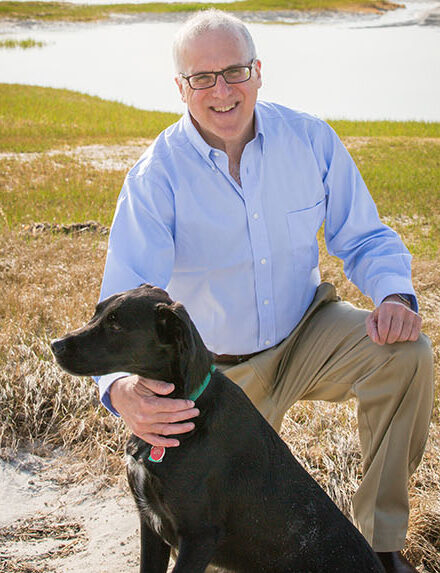PAUL STAROBIN is a frequent contributor to the Atlantic and New Republic and was the Moscow bureau chief for Business Week. His writing has appeared in the New York Times, the Wall Street Journal, the Washington Post, and other publications. He is the author of Madness Rules the Hour: Charleston, 1860, and the Mania for War, which will be published this month by PublicAffairs Books.
 1. What surprised you most while researching your book? How joyful so many in Charleston—white Charleston—felt about the act of secession, of tearing themselves away from the North. I expected to find more people fearful of a terrible war to come. But secession was the occasion for a big party, literally so—singing songs, toasting to the future of an independent South, marching down the street in colorful uniform. [Abraham] Lincoln’s election was greeted with glee—because it meant that confrontation with the North, with the “cowardly Yankees,” could no longer be postponed.
1. What surprised you most while researching your book? How joyful so many in Charleston—white Charleston—felt about the act of secession, of tearing themselves away from the North. I expected to find more people fearful of a terrible war to come. But secession was the occasion for a big party, literally so—singing songs, toasting to the future of an independent South, marching down the street in colorful uniform. [Abraham] Lincoln’s election was greeted with glee—because it meant that confrontation with the North, with the “cowardly Yankees,” could no longer be postponed.
2. Does writing energize or exhaust you? The rhythms vary. When I feel like I’m on a roll, I get energized and start typing faster, with no pauses. But the more energized I get, the more depleted I’m apt to feel afterwards. It’s like the battery—me—can gain a charge and then in the end lose it all. At that point, time for a break. Fresh air!
3. How long did you work on this book? About two years—but it felt longer! I began with an exploratory trip to Charleston, back in the spring of 2014, and then committed to writing a proposal. By the time I was done with my research and the writing of a first draft, it was the spring of 2016. And then with my editors we went through a round of very helpful revisions.
4. Do you enjoy the craft of writing or do you prefer the research? Do we have to say enjoy? Both have their rewards. The reward of research is finding that letter or diary fragment that suddenly illuminates, that is rich in personal feeling—something that you immediately know is bound for the book. The reward of writing, for me, is more elusive. One reward is a bit like ironing out wrinkles. I am never satisfied with a first stab at a block of writing. I print it out and stare at it, pencil in hand—and try to make it clean and straight. It feels satisfying when I’m able to do that.
5. What books are you reading right now? I am reading David Hoffman’s excellent The Billion Dollar Spy—on the CIA’s Cold War recruitment of Adolf Tolkachev as a spy. Before that, I read Adam Hochschild’s King Leopold’s Ghost, on the Belgian king who carved out his own state in the Congo. And before that I read James Traub’s terrific biography of John Quincy Adams—at the same time my dad was reading the book. We talked about it, which was fun.
6. Has growing up where you did have an effect on your interests or your writing? Well, I am a Yankee, a native of New England, and where I grew up, it was always the Civil War, never the War Between the States, much less the War of Northern Aggression. The South fascinates; it’s outside my experience and somewhat exotic. But in the end, my writing is guided by whatever truth I am able to arrive at about some event—which I don’t think has anything to do with where I grew up. MHQ





